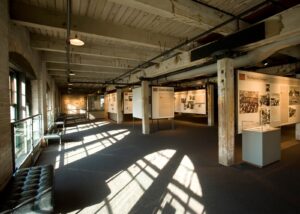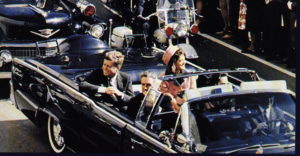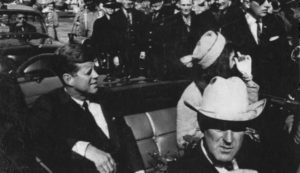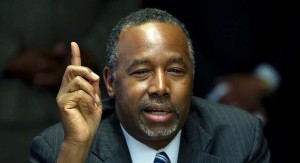DALLAS — Exhibits such as the one my brother-in-law saw today have this way of triggering so many memories.
We ventured to the Sixth Floor Museum, the one overlooking Dealey Plaza in downtown Dallas, where the 35th president of the United States, John F. Kennedy, was murdered in front of the world.
The exhibit has been improved greatly since first time my wife and I visited it in the mid-1980s. It contains many more pictorial displays, more text, a wonderful audio tour, film and, of course, the window where the gunman fired on the president and Texas Gov. John Connally.
I was struck by the amount of attention paid at this museum to the slew of conspiracy theories that have kicked around since the Warren Commission filed its report in 1964. The new president, Lyndon Johnson, appointed Chief Justice Earl Warren to lead the panel to examine every detail it could about the assassination.
It returned with what I believe is the soundest plausible explanation: Lee Harvey Oswald, the disgruntled Marxist, sat in the window on the sixth floor of the Book Depository Building and fired three rounds from a bolt-action rifle, killing the president and wounding the Texas governor.
I was not quite 14 years of age when the world got the news.
My own theory in the moment was cut and dried: The Russians killed the president and were going to attack and invade the United States at any moment. That was how a 13-year-old mind worked in real time way back then. I guess I forgot that we would have a new president within minutes of the 35th president’s declaration of death. That’s what happened aboard Air Force One, when U.S. District Judge Sarah Hughes swore in President Johnson, who then asked for strength and prayers from the nation he was about to lead through this horrific tragedy.
I never have paid attentin to the idiotic conspiracy theories. I don’t believe any of them. I have retained faith in the commission headed by the nation’s chief justice.
Still, I was impressed to realize that the museum organizers saw fit at least to give many of those conspiracies a sufficient airing to at least present the many “other sides” of this most intriguing tragedy.
I remain convinced today, though, that Lee Harvey Oswald pulled the trigger … and that he did it all by himself.




